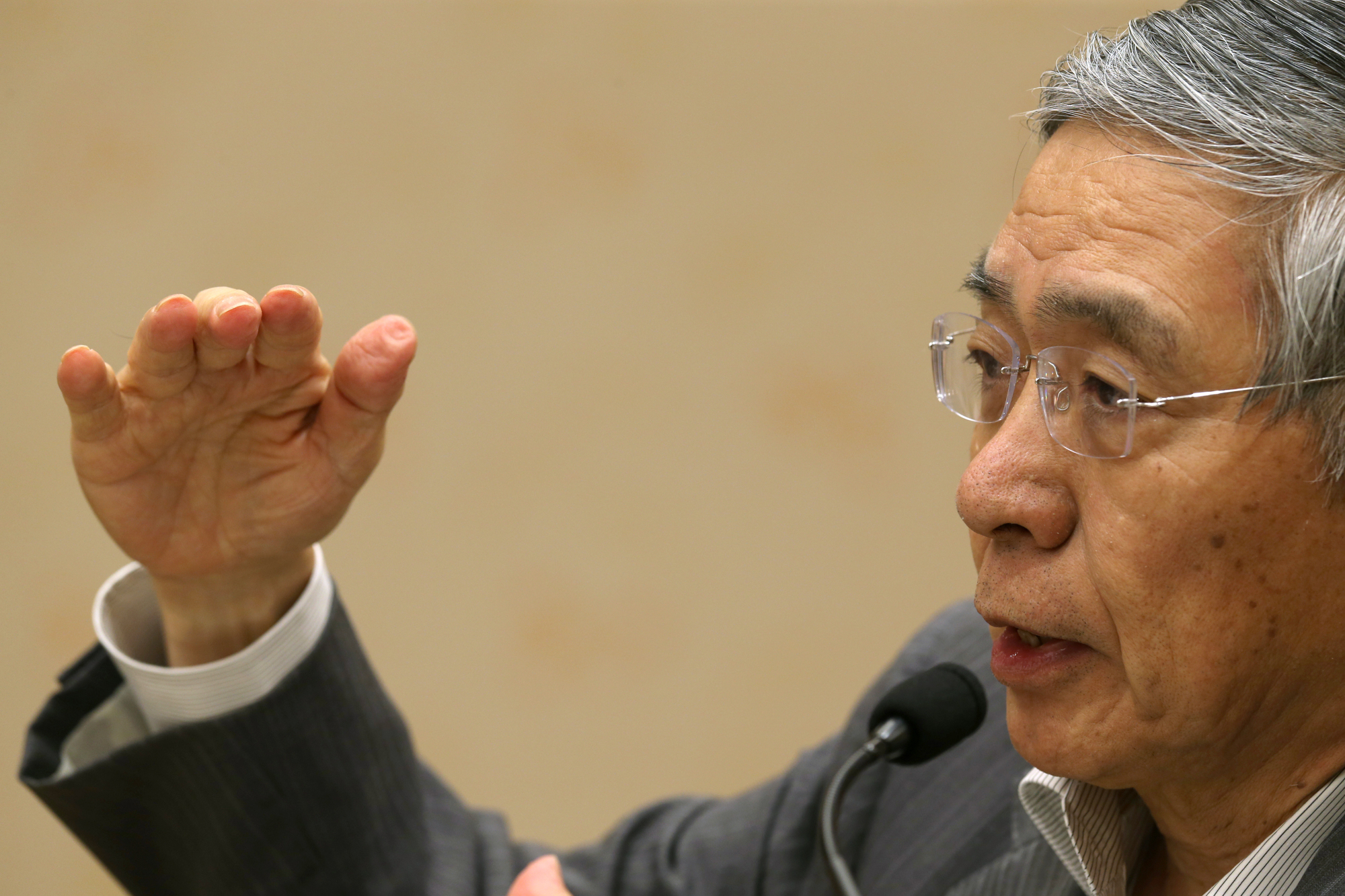Prime Minister Shinzo Abe's decision to call a snap election for Oct. 22 has clouded the outlook for Bank of Japan Gov. Haruhiko Kuroda and one of the world's most radical monetary policy regimes.
While the ruling Liberal Democratic Party is expected to attract the most votes, even a significant loss of seats in the Diet could weaken Abe's hand, lowering the chances that Kuroda will be reappointed when his current term ends in April.
"If Abe suffers a considerable loss, those politicians emerging with greater power would want a new face as evidence of change," said Masamichi Adachi, a senior economist at JPMorgan Chase and a former BOJ official, referring to the next central bank governor.

















With your current subscription plan you can comment on stories. However, before writing your first comment, please create a display name in the Profile section of your subscriber account page.